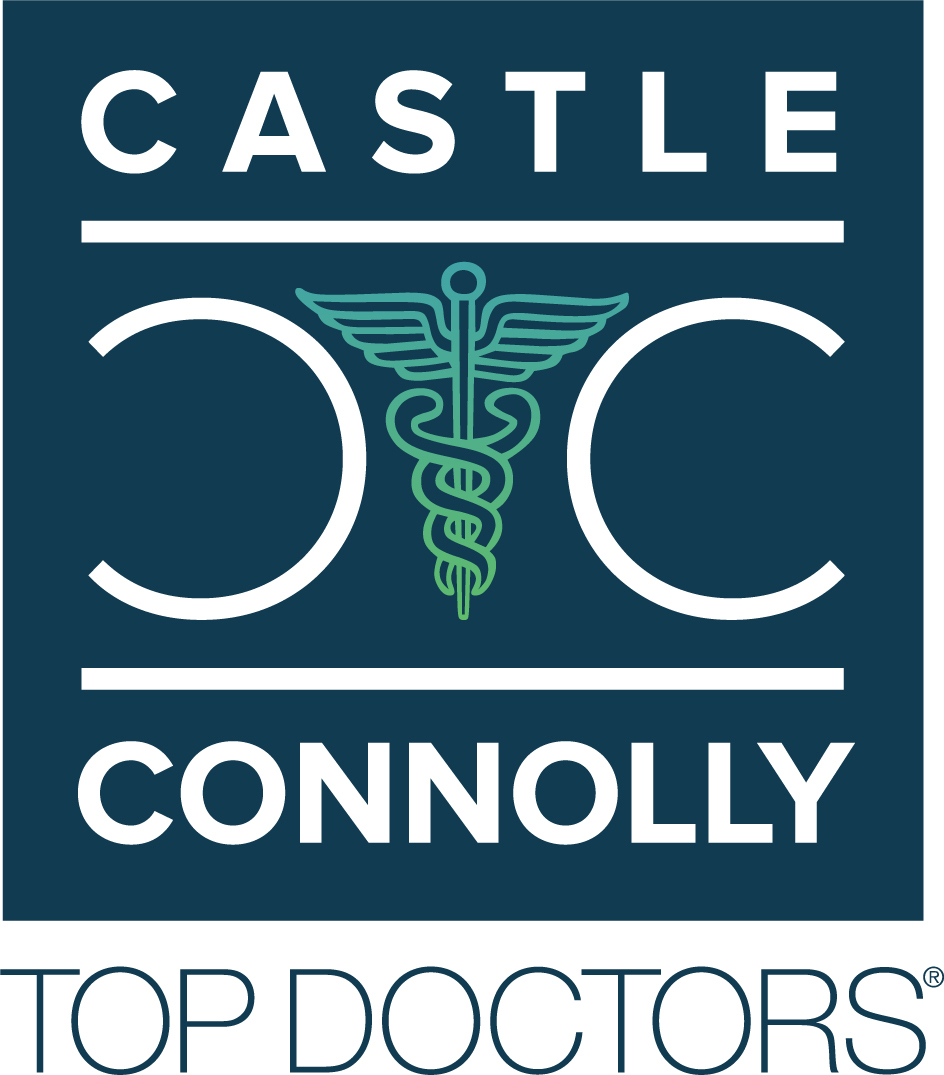HIPAA Notice
HIPAA Omnibus Notice of Privacy Practices
This Notice of Privacy Practices is NOT an authorization. This Notice of Privacy Practices describes how we, our Business Associates and their subcontractors, may use and disclose your Protected Health Information (PHI) to carry out Treatment, Payment or Health Care Operations (TPO) and for other purposes that are permitted or required by law. It also describes your rights to access and control your Protected Health Information. Please review it carefully.
We reserve the right to change this notice at any time and to make the revised or changed notice effective in the future. A copy of our current notice will always be posted in the waiting area. You may also obtain your own copy by accessing our website at www.veininstitutenj.com or calling the Privacy Officer at 973-759-9000, ext. 407.
Some examples of Protected Health Information include information about your past, present or future physical or mental health condition, genetic information, or information about your health care benefits under an insurance plan, each when combined with identifying information such as your name, address, social security number or phone number.
USES AND DISCLOSURES OF PROTECTED HEALTH INFORMATION
There are some situations when we do not need your written authorization before using your health information or sharing it with others, including:
Treatment: We may use and disclose your Protected Health Information to provide, coordinate, or manage your health care and any related services. For example, your Protected Health Information may be provided to a physician to whom you have been referred to ensure that the physician has the necessary information to diagnose or treat you.
Payment: Your Protected Health Information may be used, as needed, to obtain payment for your health care services after we have treated you. In some cases, we may share information about you with your health insurance company to determine whether it will cover your treatment.
Healthcare Operations: We may use or disclose, as-needed, your Protected Health Information in order to support the business activities of our practice, for example: quality assessment, employee review, training of medical students, licensing, fundraising, and conducting or arranging for other business activities.
Appointment Reminders and Health-related Benefits and Services: We may use or disclose your Protected Health Information, as necessary, to contact you to remind you of your appointment, and inform you about treatment alternatives or other health-related benefits and services that may be of interest to you. If we use or disclose your Protected Health Information for fundraising activities, we will provide you the choice to opt out of those activities. You may also choose to opt back in.
Friends and Family Involved in Your Care: If you have not voiced an objection, we may share your health information with a family member, relative, or close personal friend who is involved in your care or payment for your care, including following your death.
Business Associate: We may disclose your health information to contractors, agents and other “business associates” who need the information in order to assist us with obtaining payment or carrying out our business operations. For example, a billing company, an accounting firm, or a law firm that provides professional advice to us. Business associates are required by law to abide by the HIPAA regulations.
Proof of Immunization: We may disclose proof of immunization to a school about a student or prospective student of the school, as required by State or other law. Authorization (which may be oral) may be obtained from a parent, guardian, or other person acting in loco parentis, or by the adult or emancipated minor.
Incidental Disclosures: While we will take reasonable steps to safeguard the privacy of your health information, certain disclosures of your health information may occur during or as an unavoidable result of our otherwise permissible uses or disclosures of your health information. For example, during the course of a treatment session, other patients in the treatment area may see, or overhear discussion of, your health information.
Emergencies or Public Need: We may use or disclose your health information if you need emergency treatment or if we are required by law to treat you.
We may use or disclose your Protected Health Information in the following situations without your authorization: as required by law, public health issues, communicable diseases, abuse, neglect or domestic violence, health oversight, lawsuits and disputes, law enforcement, to avert a serious and imminent threat to health or safety, national security and intelligence activities or protective services, military and veterans, inmates and correctional institutions, workers’ compensation, coroners, medical examiners and funeral directors, organ and tissue donation, and other required uses and disclosures. We may release some health information about you to your employer if you employer hires us to provide you with a physical exam and we discover that you have a work related injury or disease that your employer must know about in order to comply with employment laws. Under the law, we must also disclose your Protected Health Information when required by the Secretary of the Department of Health and Human Services to investigate or determine our compliance with the requirements under Section 164.500.
REQUIREMENT FOR WRITTEN AUTHORIZATION
There are certain situations where we must obtain your written authorization before using your health information or sharing it, including:
Most Uses of Psychotherapy Notes, when appropriate.
Marketing: We may not disclose any of your health information for marketing purposes if our practice will receive direct or indirect financial payment not reasonably related to our practice’s cost of making the communication.
Sale of Protected Health Information: We will not sell your Protected Health Information to third parties.
You may revoke the written authorization, at any time, except when we have already relied upon it. To revoke a written authorization, please write to the Privacy Officer at our practice. You may also initiate the transfer of your records to another person by completing a written authorization form.
PATIENT RIGHTS
Right to Inspect and Copy Records. You have the right to inspect and obtain a copy of your health information, including medical and billing records. To inspect or obtain a copy of your health information, please submit your request in writing to the practice. We may charge a fee for the costs of copying, mailing or other supplies. If you would like an electronic copy of your health information, we will provide one to you as long as we can readily produce such information in the form requested. In some limited circumstances, we may deny the request. Under federal law, you may not inspect or copy the following records: Psychotherapy notes, information compiled in reasonable anticipation of, or used in, a civil, criminal, or administrative action or proceeding, protected health information restricted by law, information related to medical research where you have agreed to participate, information whose disclosure may result in harm or injury to you or to another person, or information that was obtained under a promise of confidentiality.
Right to Amend Records. If you believe that the health information we have about you is incorrect or incomplete, you may request an amendment in writing. If we deny your request, we will provide a written notice that explains our reasons. You will have the right to have certain information related to your request included in your records.
Right to an Accounting of Disclosures. You can ask for a list (accounting) of the times we’ve shared your health information for six years prior to the date you ask, who we shared it with, and why. We will include all the disclosures except for those about treatment, payment, and health care operations, and certain other disclosures (such as any you asked us to make). We’ll provide one accounting a year for free but will charge a reasonable, cost-based fee if you ask for another one within 12 months.
Right to Receive Notification of a Breach. You have the right to be notified within sixty (60) days of the discovery of a breach of your unsecured protected health information if there is more than a low probability the information has been compromised.
Right to Request Restrictions. You have the right to request that we further restrict the way we use and disclose your health information to treat your condition, collect payment for that treatment, run our normal business operations or disclose information about you to family or friends involved in your care. Your request must state the specific restrictions requested and to whom you want the restriction to apply. Your physician is not required to agree to your request except if you request that the physician not disclose Protected Health Information to your health plan when you have paid in full out of pocket.
Right to Request Confidential Communications. You have the right to request that we contact you about your medical matters in a more confidential way, such as calling you at work instead of at home. We will not ask you the reason for your request, and we will try to accommodate all reasonable requests.
Right to Have Someone Act on Your Behalf. You have the right to name a personal representative who may act on your behalf to control the privacy of your health information. Parents and guardians will generally have the right to control the privacy of health information about minors unless the minors are permitted by law to act on their own behalf.
Right to Obtain a Copy of Notices. If you are receiving this Notice electronically, you have the right to a paper copy of this Notice.
Right to File a Complaint. If you believe your privacy rights have been violated by us, you may file a complaint with us by calling the Privacy Officer at 973-759-9000 or with the Secretary of the Department of Health and Human Services. We will not withhold treatment or take action against you for filing a complaint.
Use and Disclosures Where Special Protections May Apply. Some kinds of information, such as alcohol and substance abuse treatment, HIV-related, mental health, psychotherapy, and genetic information, are considered so sensitive that state or federal laws provide special protections for them. Therefore, some parts of this general Notice of Privacy Practices may not apply to these types of information. If you have questions or concerns about the ways these types of information may be used or disclosed, please speak with your health care provider.
Vein Institute at The Cardiovascular Care Group
673 Morris Avenue, Suite 201
Springfield, NJ 07081
Phone: 973-759-9000
Fax: 973-751-3730
Health Insurance Portability and Accountability Act of 1996
HIPAA OMNIBUS
NOTICE OF PRIVACY PRACTICES
Effective April 14, 2003
Revised: March 25, 2013
Privacy Officer: Nicole Capo



